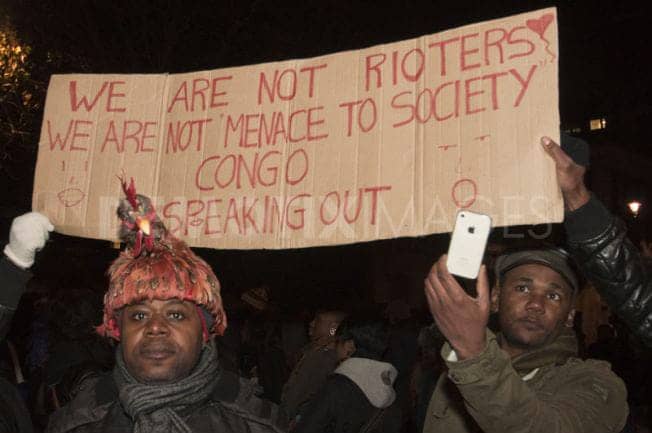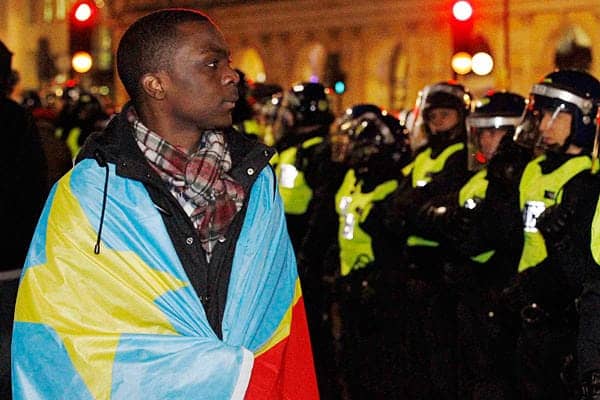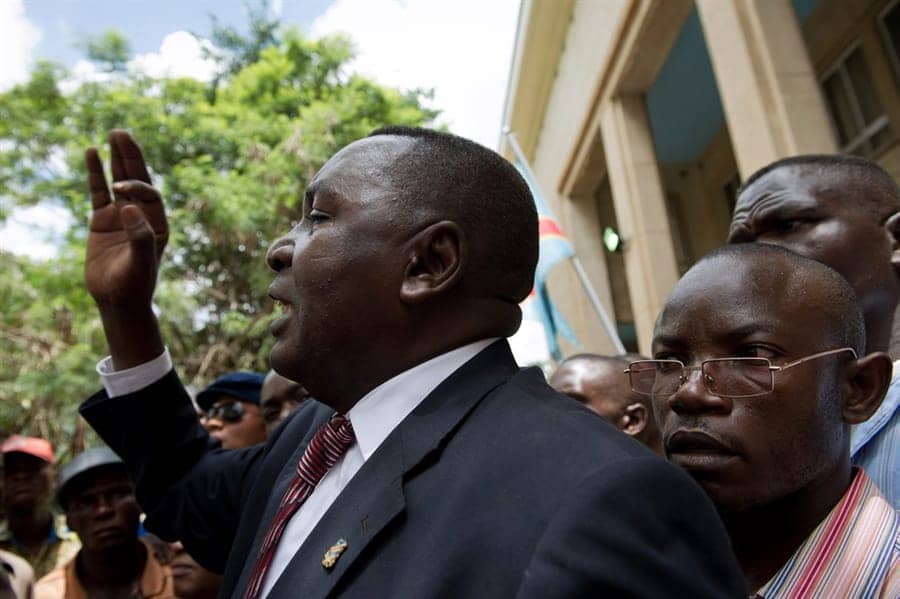by Carrie Crawford

Congolese voters responded by the millions in 2006 when finally, after 40 years of tyrannical rule under dictator Mobuto Sese Seko, presidential and parliamentary elections were organized by the U.N. and international community at the cost of half a billion dollars. Congolese showed up hungry to vote for a system of government which might soon benefit their families in some very basic ways.
And even though the election process was fraught with irregularity and many believed the end result pre-determined before they began, the people were willing to hope and believe for a better Congo. Those aspirations have largely withered in the past five years, where in 2011 Congo ranks 187 out of 187 countries in the United Nation’s Human Development index.
Violence in the East continues unabated and unchecked with whole communities still held hostage by armed groups determined to continue their exploitation of the country’s abundant natural resources at any cost. This at the same time Congo’s neighbors boast of “economic miracles” sourced from Congo’s natural riches. Everyone feasts at the table of Congo – and Congolese go hungry.
Everyone feasts at the table of Congo – and Congolese go hungry.
Reports of “massive fraud” and a lawless system for vote tallying pretty much tell the story of the 2011 election. The National Episcopal Conference of Catholic Bishops (CENCO), relying on over 30,000 church and NGO election observers, issued a statement on Dec. 4, 2012, calling to question the veracity of the electoral commission’s results pronouncing Joseph Kabila winner of the presidential vote.

The United States, in its Public Law 109-456, declared Congo of strategic importance to U.S. national interests. Not enough so it seems to support accountability and human dignity in Congo. The U.S. has described Russian elections as “rigged”? What do they call the Congo elections? Seriously flawed – with one diplomat anonymously noting that a lot more Congolese are going to have to die before any serious intervention is even entertained.
The best the United Nations would do was express “deep concern” and call for an investigation. We hear there is “Congo fatigue” and no one is seriously interested in knowing who actually won the election except the Congolese.

Yet, violence is not the inevitable outcome. Given recent world events, one can never underestimate the resourcefulness of a people oppressed.
And knowing of the vast reservoir of strength of the Congolese people, more important than its mineral wealth, one can expect a uniquely Congolese solution to finally securing a government that is accountable to its own citizens. And it has begun – in solidarity with their fellow citizens, Congolese the world over are raising their voices since the election for One Congo united for the benefit of all its people.
Congolese the world over are raising their voices since the election for One Congo united for the benefit of all its people.
With 70 million people, half under the age of 18 and half women, the future of the Congo is in the hands of the Congolese. Who knows – perhaps they will simply decide to withdraw their support from a bankrupt system which has given them nothing but grief.
Carrie Crawford, a practicing attorney, is co-founder and chair of Friends of the Congo. Break the silence; become a friend of the Congo. Call (888) 584-6510 or visit http://friendsofthecongo.org/action/index.php.





